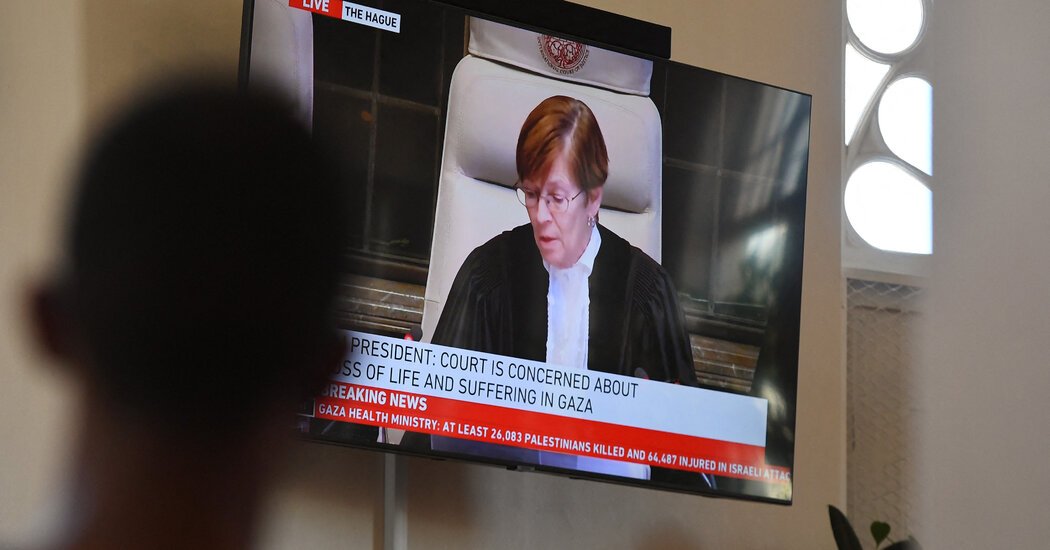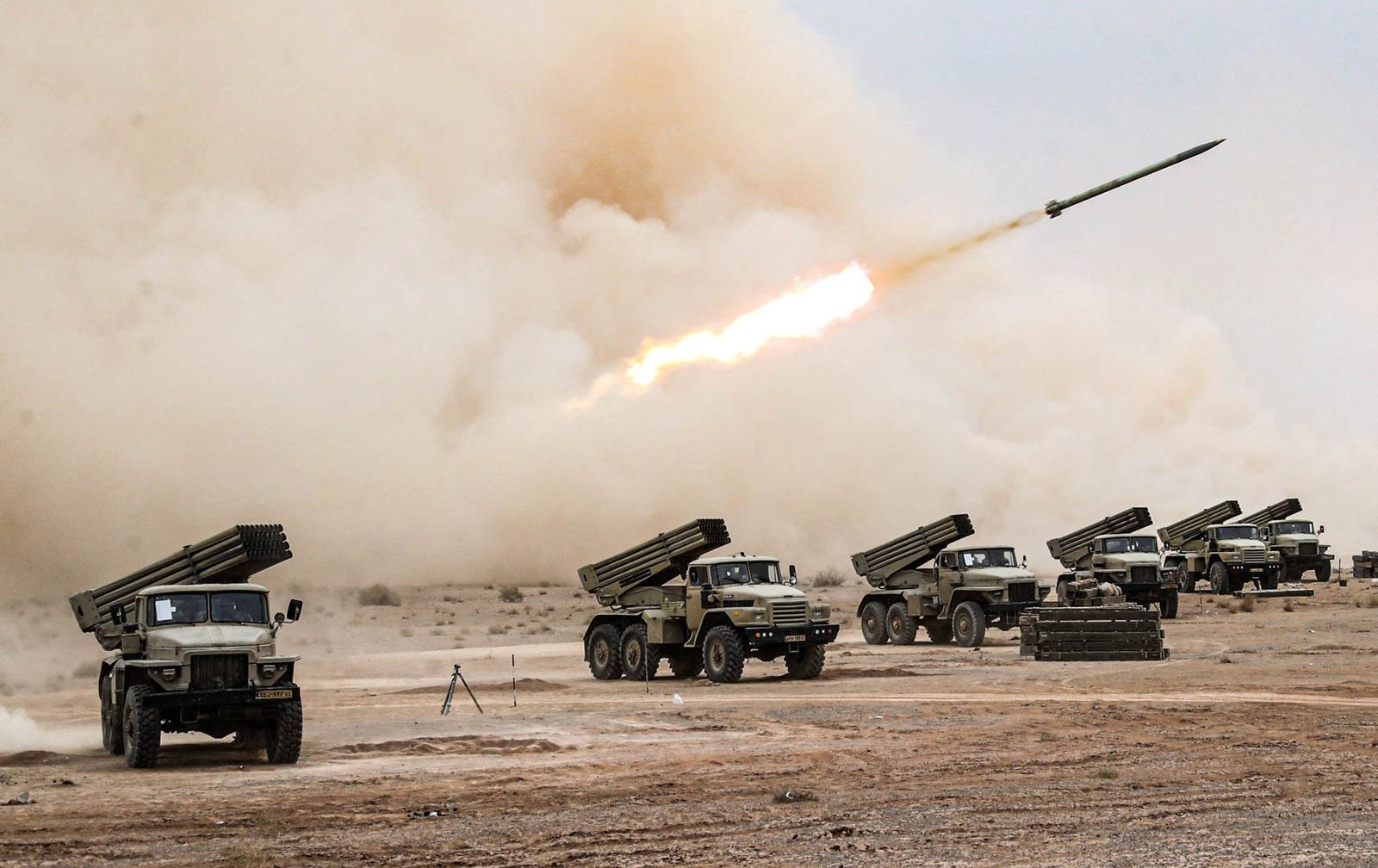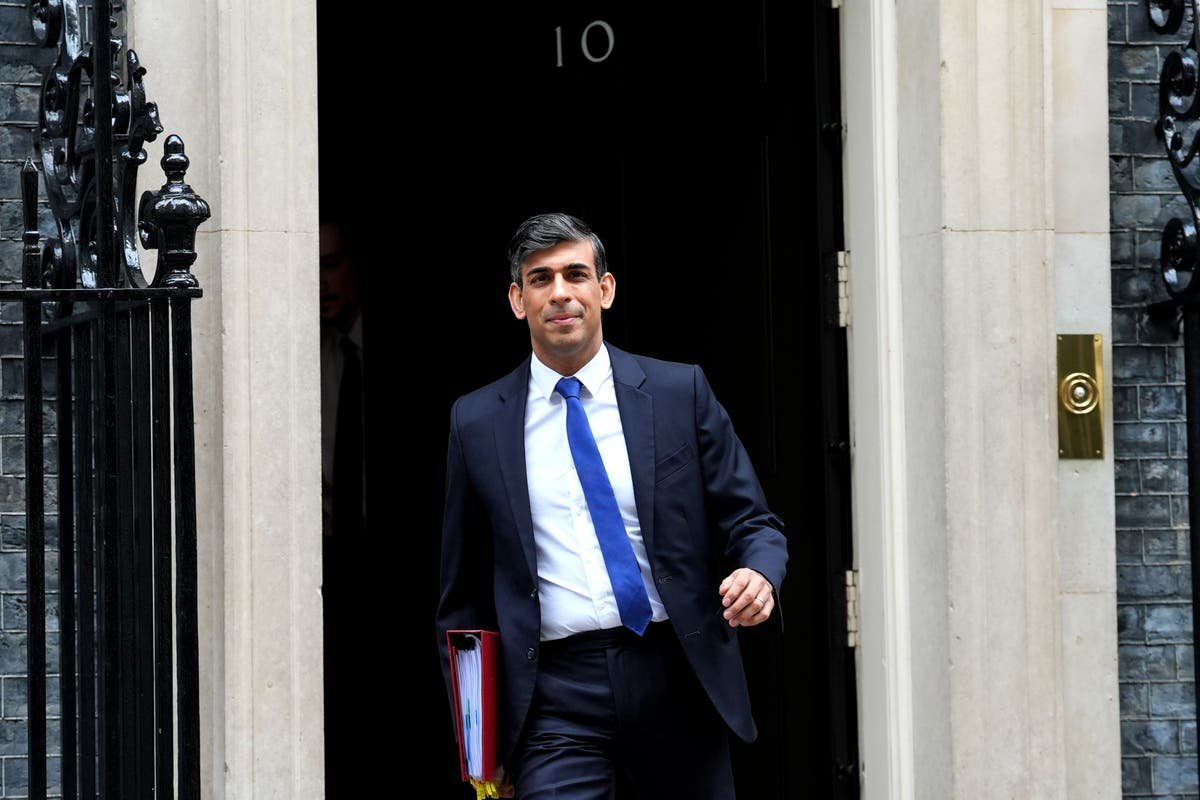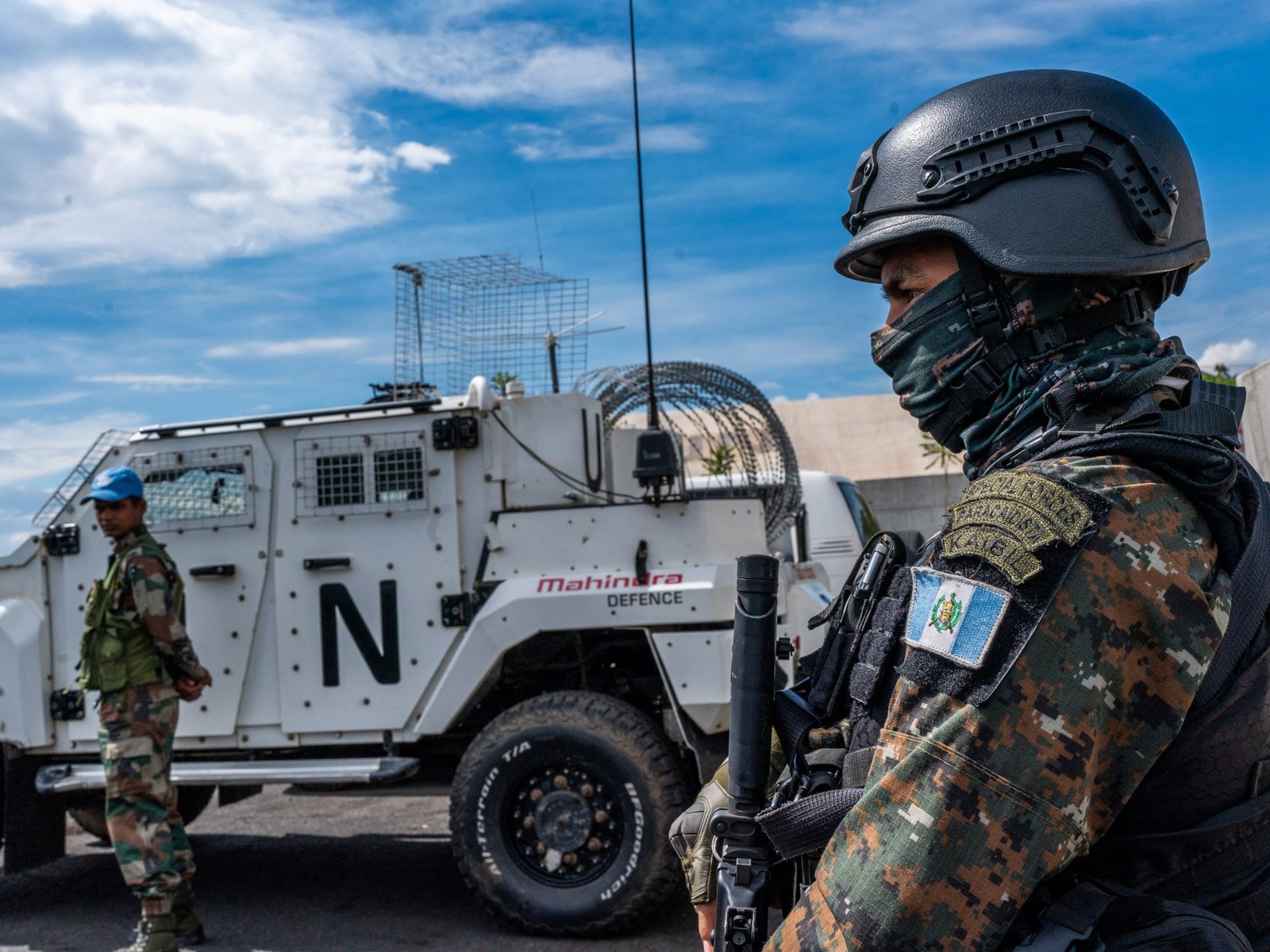The World Court’s initial response on Friday to charges of genocide against Israel had deep historical resonance for both Israelis and Palestinians, even if it lacked immediate practical consequences.
The International Court of Justice did not order a halt to fighting in the Gaza Strip and made no attempt to rule on the merits of the case, a process that will take months — if not years — to complete.
But the court did order Israel to comply with the Genocide Convention, send more aid to Gaza, and inform the court of its efforts to do so — interim measures that felt like a rebuke to Israelis and a moral victory to Palestinians.
For many Israelis, the fact that a state founded in the aftermath of one genocide had been accused of another was “one hell of a symbol,” said Alon Pinkas, an Israeli political commentator and former ambassador.

“That we’re even mentioned in the same sentence as the concept of genocide — not even atrocity, not disproportionate force, not war crime, but genocide — that is extremely uncomfortable,” Mr. Pinkas added.
For many Palestinians, the court’s limited intervention brought little practical relief but offered a brief sense of validation for their cause. To Palestinians, Israel is rarely held to account for its actions and the ruling on Friday felt like a welcome exception.
“The slaughter is ongoing, the carnage is ongoing, the total destruction is ongoing,” said Hanan Ashrawi, a former Palestinian official. But the court’s intervention reflected “a serious transformation in the way Israel is being perceived and treated globally,” she said.
“Israel is being held accountable for the first time — and by the highest court, and by an almost unanimous ruling,” she added.
But many Israelis say that the world holds Israel to a higher standard than most other countries, and to them the decision seemed like the latest example of bias against Israel in an international forum.
Yoav Gallant, the Israeli defense minister whose inflammatory statements about the war were cited by the court in the preamble to their ruling, called the ruling antisemitic. “The state of Israel does not need to be lectured on morality in order to distinguish between terrorists and the civilian population in Gaza,” said Mr. Gallant.
“Those who seek justice will not find it on the leather chairs of the court chambers in The Hague,” he added.
Still, the court’s instructions might now give momentum and political cover to Israeli officials who have been pushing internally to temper Israel’s actions in Gaza and alleviate the humanitarian disaster in the territory, according to Janina Dill, a professor of international law at Oxford University.
For Professor Dill, the case also prompted reflection “about the human condition,” she said.
“Preventing human beings from turning against each other is a constant struggle, and no group in the world is incapable of that,” she added.










